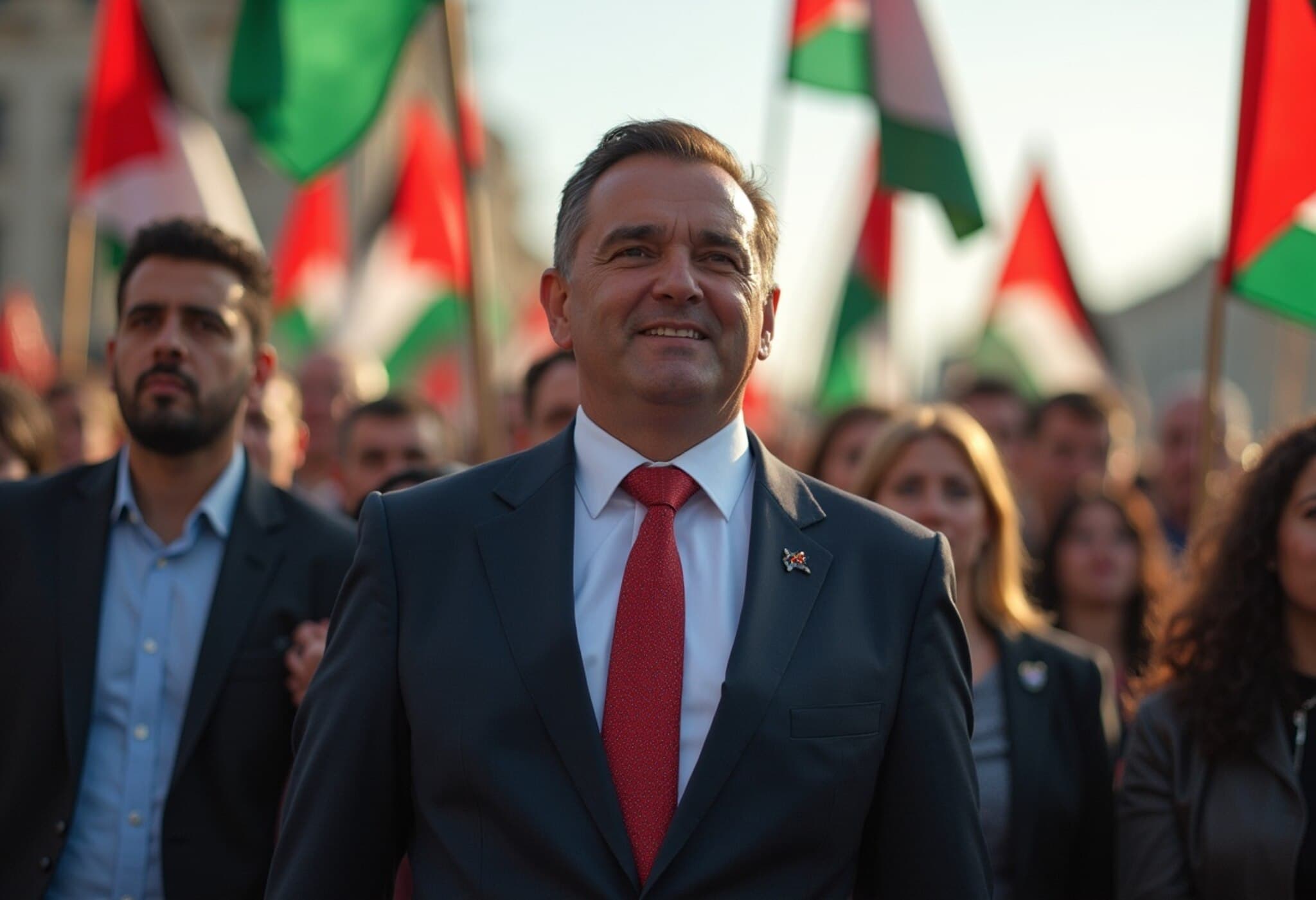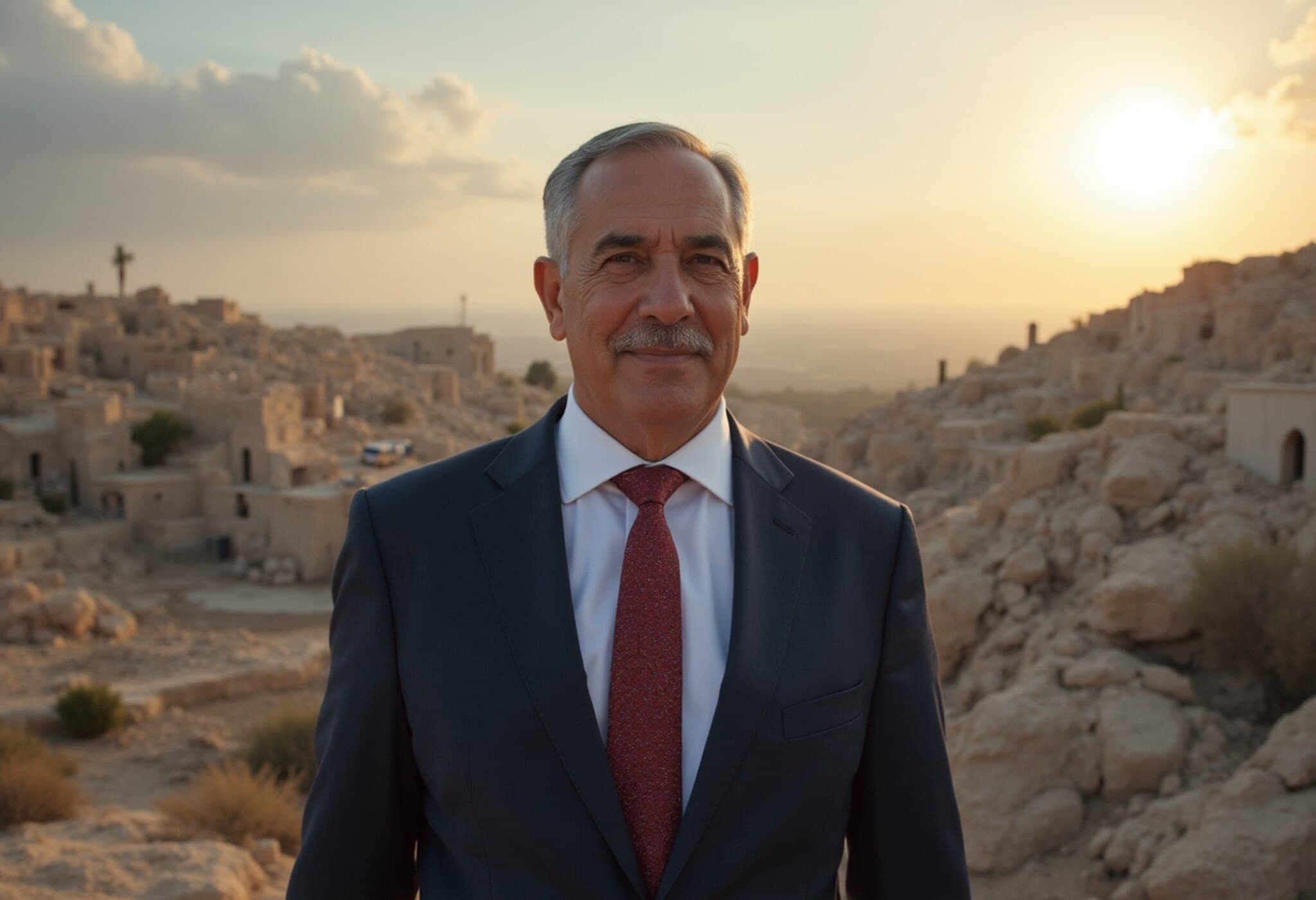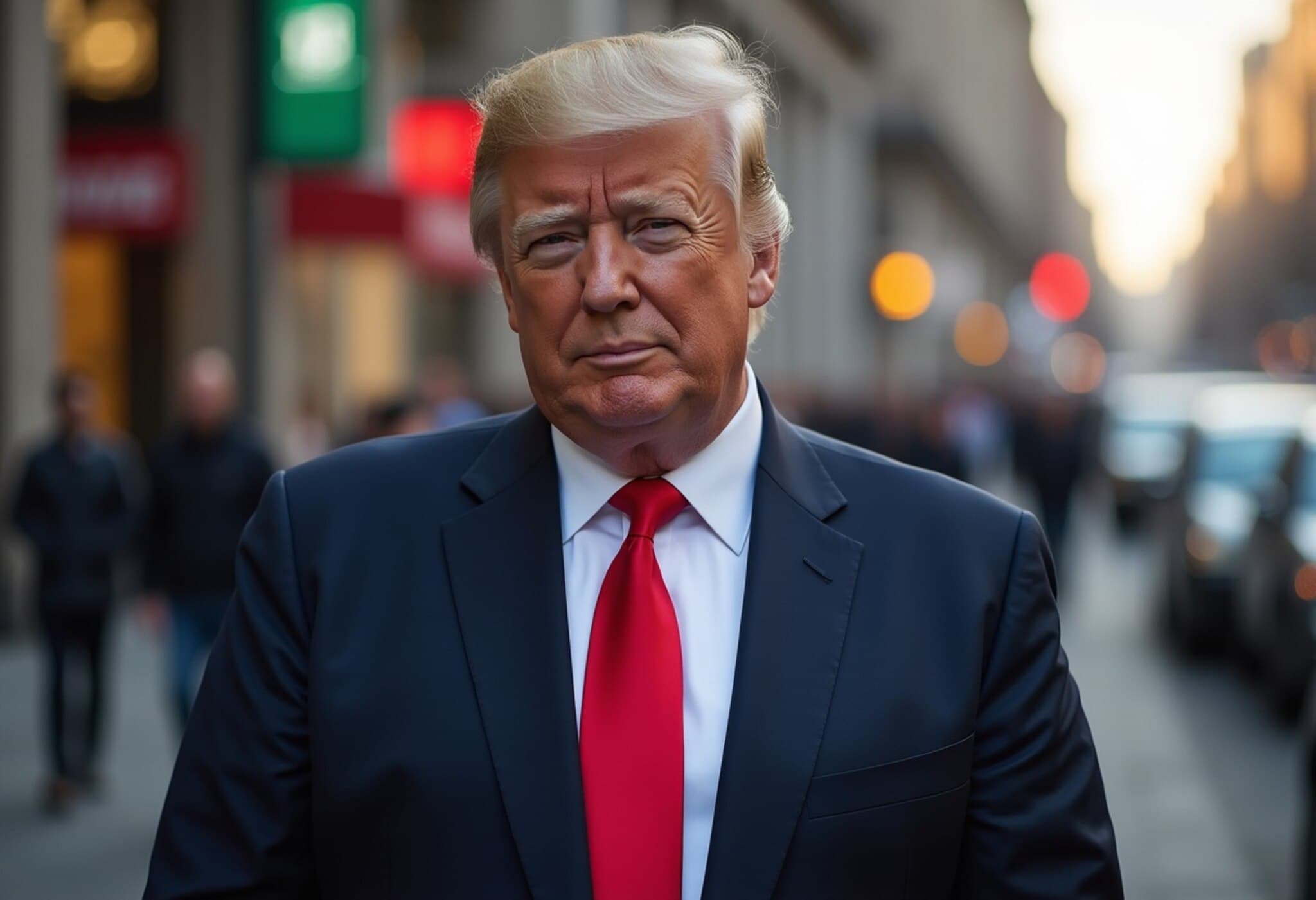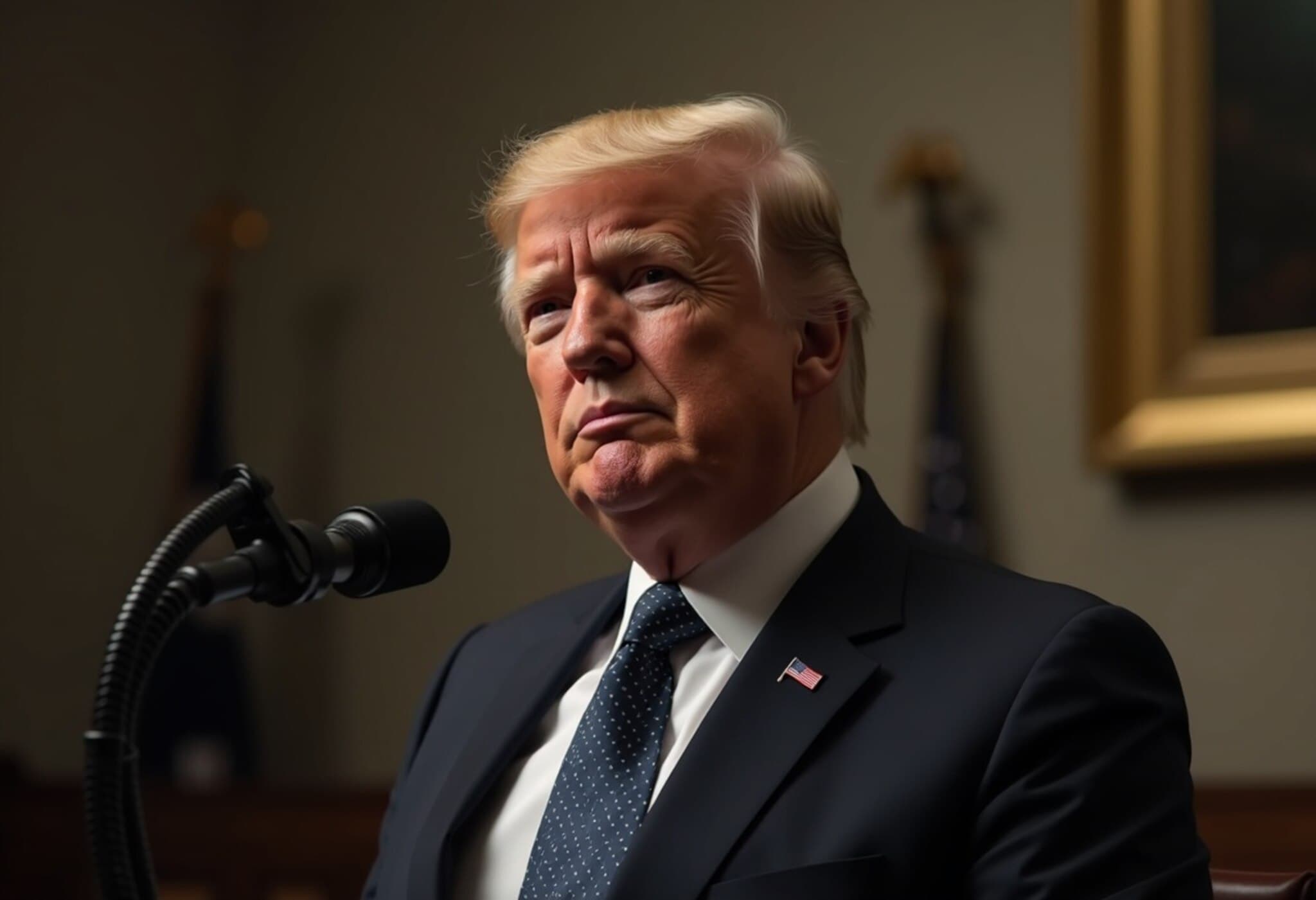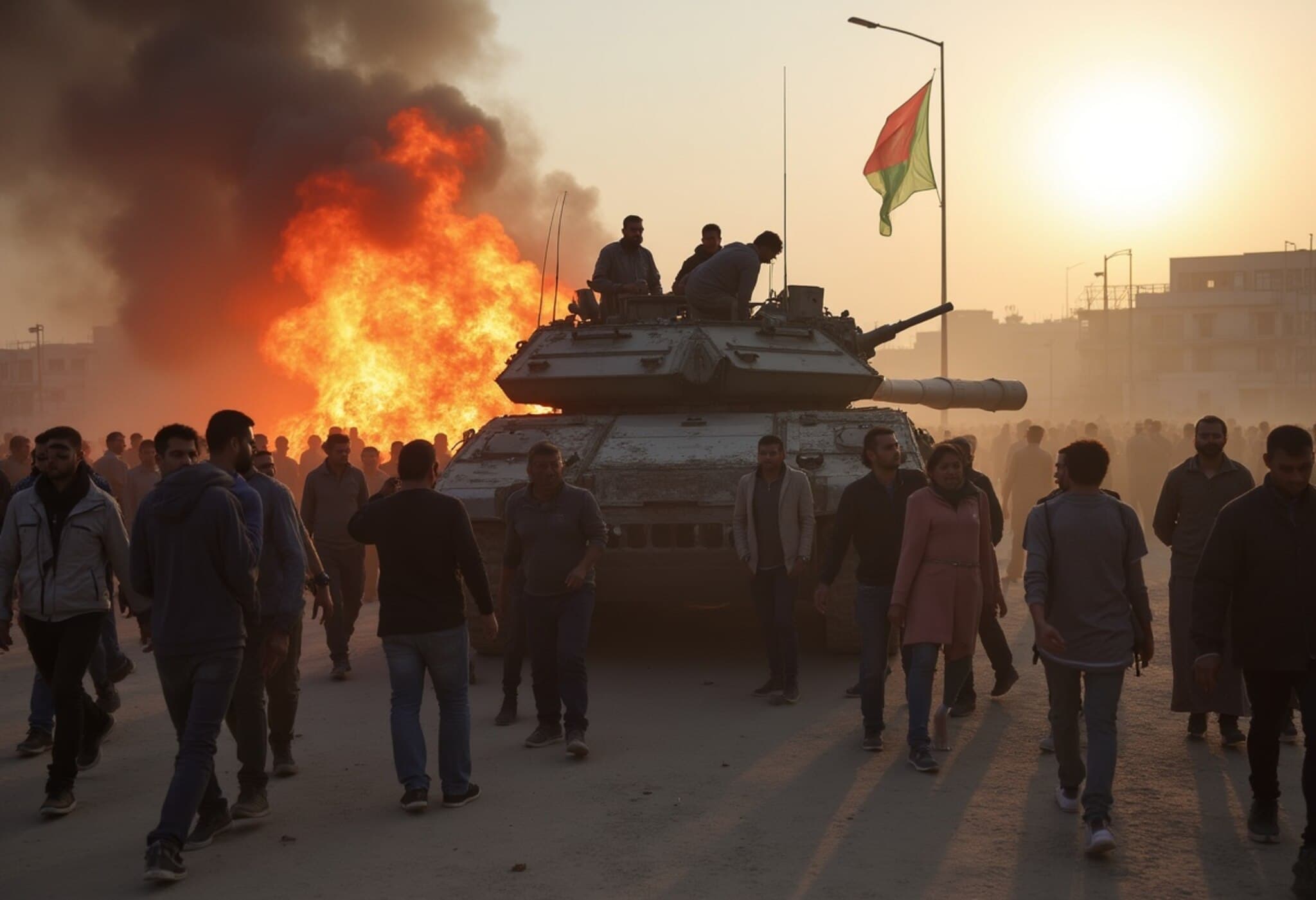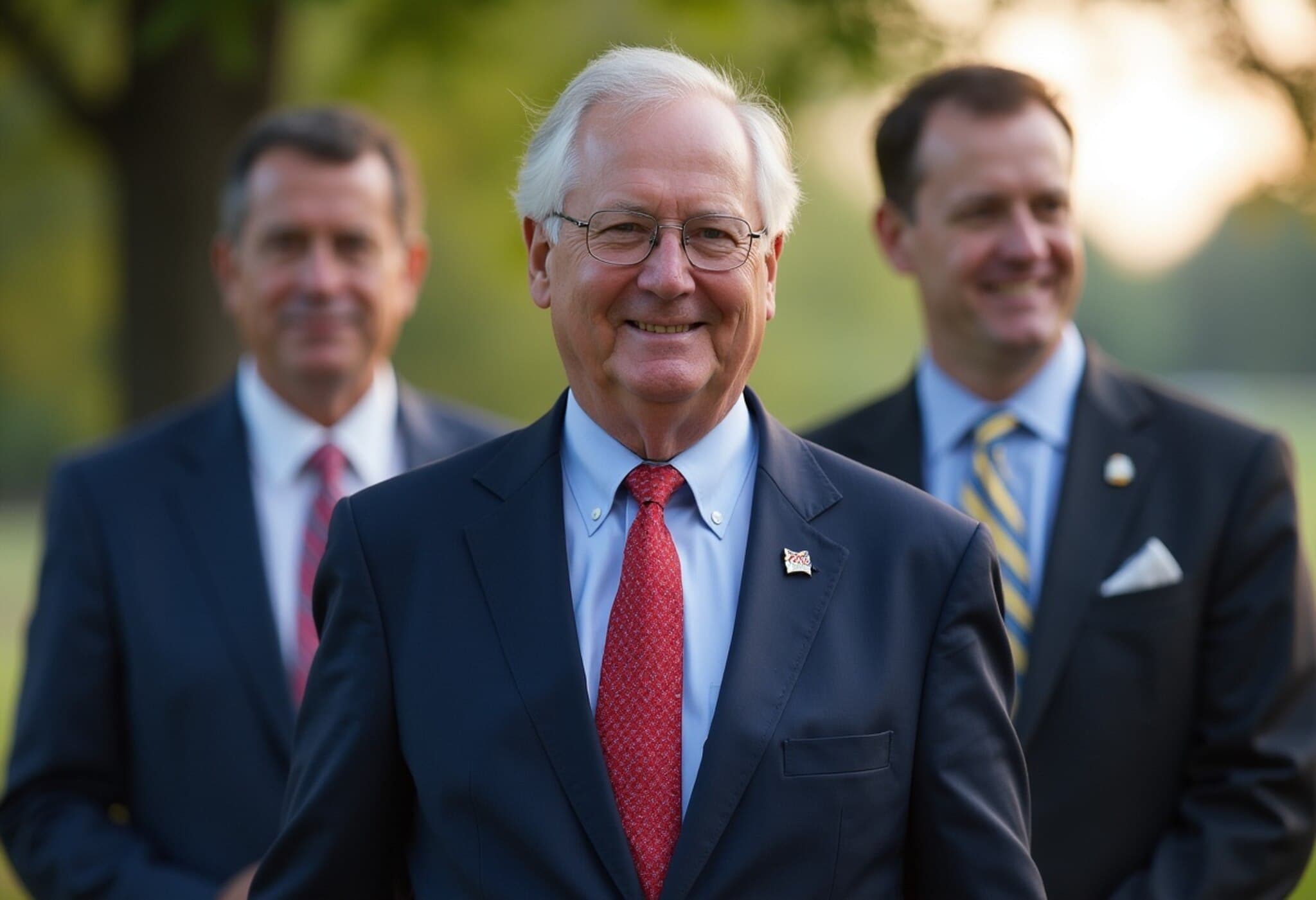Rising International Backing Amidst Persistent Political Stalemates
Recently, major Western allies such as France, the United Kingdom, and Canada have publicly voiced support for the establishment of a Palestinian state, signaling a notable shift in international diplomacy. This growing global consensus builds on endorsements from over 140 countries worldwide, highlighting increasing frustration over the ongoing Israeli-Palestinian conflict, particularly concerning the humanitarian crisis in Gaza.
However, despite this momentum, transforming the idea of Palestinian statehood into a practical reality remains severely hindered by entrenched political complexities on both sides.
Why Are Western Allies Now Amplifying Support?
The recent declarations from these key partners of the United States arise from several converging factors:
- Deepening frustration over Israel’s policies, especially the dire conditions in Gaza, which have stirred widespread empathy and outrage among Western populations.
- Domestic political pressures compel governments to take visible stances responding to their constituents’ concerns about human rights and stability in the Middle East.
- A renewed desire to catalyze peace efforts, long stagnated after decades of failed negotiations, seeking to break the deadlock.
Palestinians view this endorsement as a morale boost and international legitimization of their aspirations. Conversely, Israel, led by Prime Minister Benjamin Netanyahu, categorically rejects these moves, equating recognition of Palestinian sovereignty to endorsing security threats.
The U.S. Position: Isolation or Influence?
These developments have spotlighted the United States’ increasingly solitary stance as a staunch ally of Israel. Former President Donald Trump, aiming for a lasting Middle East peace legacy, has expressed frustration with Netanyahu, particularly over humanitarian issues like Gaza’s blockade.
Moreover, Trump’s vision to expand the Abraham Accords hinges on normalizing relations between Israel and Saudi Arabia. Yet Riyadh has made stringent demands clear: no normalization without a credible and irreversible pathway toward Palestinian statehood. This diplomatic impasse underscores the delicate balance the U.S. must navigate between its strategic alliances and calls for justice and peace in the region.
Roadblocks to Palestinian Statehood: An In-Depth Look
Despite the enthusiasm fueling international support, the obstacles preventing the realization of a Palestinian state remain formidable and multifaceted:
- Absence of a unified leadership partner: Israeli Prime Minister Netanyahu's hardline rejection of any two-state solution frames Palestinian sovereignty as existentially threatening to Israel. His coalition's more extreme elements have warned of government collapse should any compromise arise.
- Palestinian political fragmentation: The Palestinian Authority’s weakening legitimacy in the West Bank, combined with Hamas’s governance in Gaza and its designation as a terrorist organization internationally, leaves no clear, consolidated leadership to negotiate and govern effectively.
- Changing territorial realities: The Oslo Accords’ envisioned borders from the 1990s, anchored around the 1967 lines, have been drastically altered by extensive Israeli settlement expansions. These developments fracture Palestinian territories into disconnected enclaves, challenging the very feasibility of a contiguous and viable state.
Can Israel’s Current Government Embrace Statehood?
The prospects appear bleak. Netanyahu's administration regards a Palestinian state as a strategic threat. Reports of some coalition members advocating severe measures, including continued humanitarian blockades, highlight a governing approach less inclined toward negotiation and more focused on security hardening.
The Geopolitical Implications and Future Perspectives
While France, the UK, and Canada’s recognition is symbolically significant, it lacks concrete impact without Israeli acquiescence. Paradoxically, such international pressure may strengthen Netanyahu’s political base by framing opposition as foreign interference, complicating diplomatic progress.
Yet Israel’s incremental international isolation, even among its closest allies, could pressure influential figures like Trump to reconsider unwavering support, potentially altering the diplomatic landscape in subtle but meaningful ways.
Ultimately, despite the global chorus advocating Palestinian statehood, the entrenched political deadlock and fragmentation make the realization of this vision more elusive than ever. The dream of a sovereign Palestinian state remains suspended in an uneasy limbo, where hope wrestles with geopolitical realities.
Editor’s Note
The mounting international endorsement for Palestinian statehood reflects a growing impatience with prolonged conflict and humanitarian crises. However, the interplay of fractured leadership, territorial fragmentation, and uncompromising political stances underline why peace remains out of reach. Observers should watch closely how shifting alliances and domestic pressures shape the evolving narrative. The question endures: can diplomatic will overcome decades of mistrust and recalibrate a path toward lasting peace?

